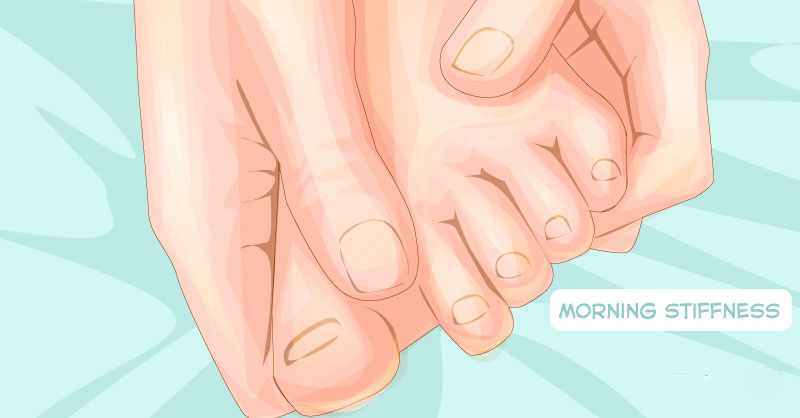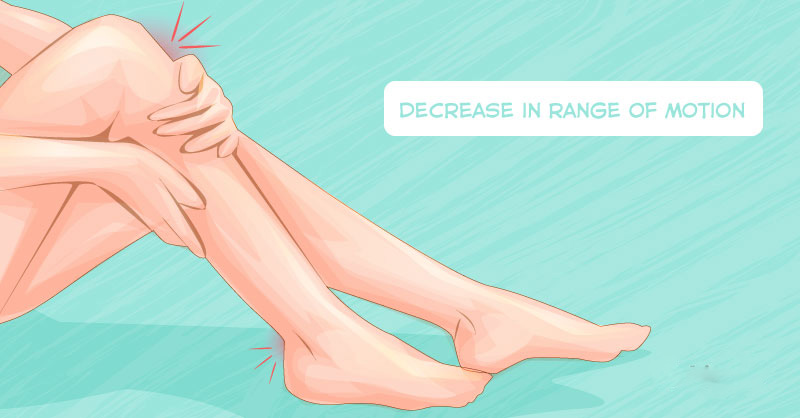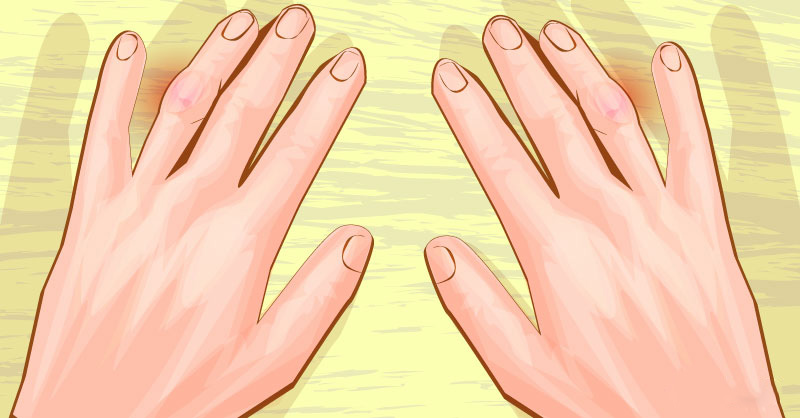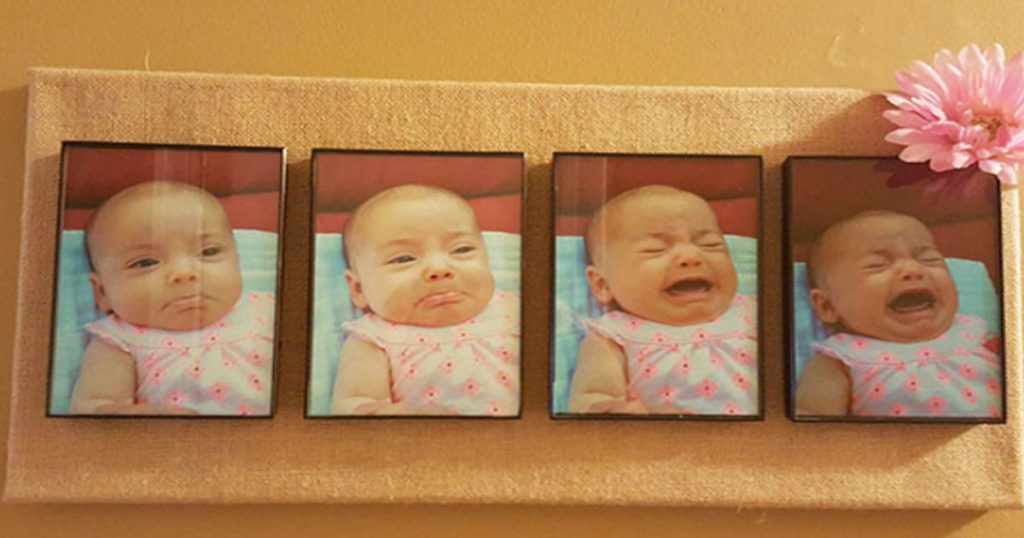What is rheumatoid arthritis?
It is a serious autoimmune disorder that leads to inflammation of joints. Typically, rheumatoid arthritis starts very slowly and develops minor symptoms that are not permanent. The disease usually affects both sides of the body, but the symptoms may vary widely from person to person. Rheumatoid arthritis is a chronic condition, so patient’s condition may change from day to day. There are periods when it isn’t active, and there are bouts of the disease. Rheumatoid arthritis can strike at any age, and without proper treatment, it may result in joint damage and deformity.
That’s why, it is very important to get diagnosed as soon as possible if you suspect that something is wrong with your joints. Moreover, early treatment is essential if you want to avoid severe complications.
Sometimes, it can be difficult to distinguish rheumatoid arthritis from much more common osteoarthritis, so only a doctor can do this. Usually, a rheumatologist treats this type of diseases. Here are 9 early symptoms of rheumatoid arthritis to pay attention to.
1. Fatigue
You may suffer from unusual fatigue well before any other signs become obvious. Fatigue may start long before the onset of rheumatoid arthritis. It may come and go from month to month.
2. Morning stiffness

Morning stiffness is a typical early sign of arthritis. If this feeling lasts only a few minutes, it is usually a symptom of the degenerative type of arthritis. If stiffness lasts for several hours, it can be a sign of rheumatoid arthritis or inflammatory arthritis.
3. Joint pain
Joint tenderness or pain during movement or rest can be a symptom of rheumatoid arthritis too. It often followed by joint stiffness. Rheumatoid arthritis in the early stages affects the fingers and wrists. You may also suffer from pain in your shoulders, feet, or knees. Joint pain is one of the reasons why rheumatoid arthritis may result in insomnia.
4. Joint stiffness
Joint stiffness is one of the earliest symptoms of rheumatoid arthritis. It usually happens to one or more of the smaller joints and may occur at any time of a day. Joint stiffness typically starts in the hands’ joints.
5. Joint swelling

Swollen joints are very common in rheumatoid arthritis. In some cases, the joint swelling is minor, so it is difficult to notice it. Other times, the joint swelling is obvious. Generally, people who have rheumatoid arthritis can easily tell whether their joints are swollen or not. This condition may lead to loss of range of motion in the joint.
6. Joint redness
Changes in color occur when joints are inflamed. The redness in the skin over an affected joint develops because the capillaries in the skin are widened. Not all people with rheumatoid arthritis experience joint redness, but if you spot this sign, consult with your doctor to find the cause.
7. Joint warmth

Warmth in the joints means an active inflammation. Doctors usually pay attention to this symptom because it shows the activity of the disease. Joints warmth is usually followed by joint redness and swelling.
8. Fever
A low-grade fever, if it is accompanied by other symptoms like joint swelling and pain, it can be a warning sign of rheumatoid arthritis. But if a fever is higher than 100 degrees Fahrenheit, it is probably a symptom of other illness.
9. Feeling of “walking on golf balls”
People who have rheumatoid arthritis often say that they experience a feeling of “walking on golf balls,” especially in the mornings. It also can be described as swelling and pain under the foot. This type of pain is different than pain from bunions.
Rheumatoid arthritis is a chronic disease with its flare-ups and periods of remission, but the one good thing is that recognition of early warning symptoms may prevent your joint damage and promote your well-being.




